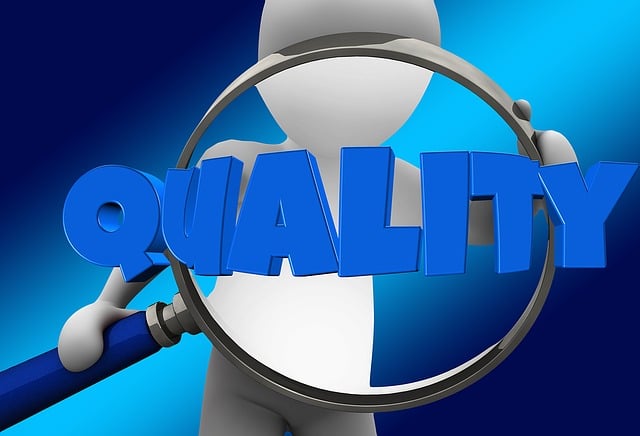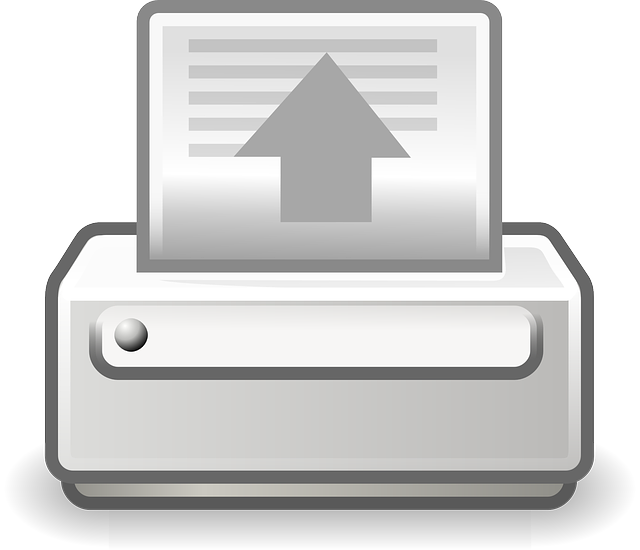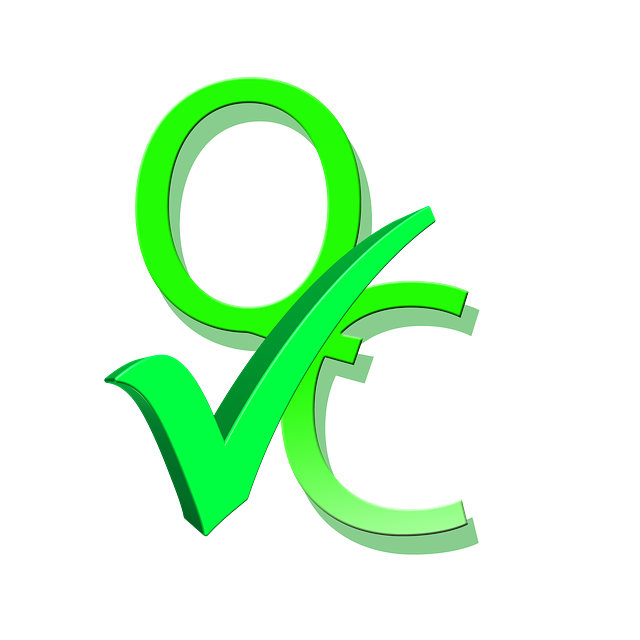Translation services for UK Quality Assurance (QA) Documentation are critical for international businesses targeting the UK market, as they ensure that technical content aligns with local standards and regulations while maintaining clarity and accuracy. These translations must be handled by professionals with expertise in both British English dialects and technical QA jargon, who also understand industry-specific terminology, abbreviations, and acronyms to avoid costly product recalls, legal issues, or loss of consumer trust. High-quality translation services employ advanced methods, including Computer-Assisted Translation (CAT) tools, glossaries, and translation memories, to deliver precise translations that uphold the integrity of the original documents across different languages. A comprehensive review process involving both in-country experts and subject matter specialists further guarantees the accuracy and relevance of the translations within cultural contexts, ensuring compliance with regulatory standards and facilitating effective communication among global teams working on UK QA documentation.
Navigating the complexities of UK markets necessitates precise communication, a challenge particularly evident in the translation of Quality Assurance (QA) documentation. This article delves into the precision required for accurate translations of QA documents, highlighting the critical role of specialized translation services in meeting UK standards. We explore best practices and methodologies that guarantee fidelity to the original content, address common challenges, and evaluate translation quality against industry benchmarks. Understanding these aspects ensures that your QA documentation conveys the intended message with clarity and compliance, essential for any business aiming to operate effectively within the UK’s regulated sectors.
- Understanding the Demands of QA Documentation Translation for UK Markets
- The Role of Specialised Translation Services in QA Documentation
- Ensuring Accuracy in UK QA Documentation Translations: Methodologies and Best Practices
- Challenges and Solutions in Translating QA Documentation for Compliance with UK Standards
- Measuring the Quality and Precision of Translated UK QA Documents Through Industry Benchmarks
Understanding the Demands of QA Documentation Translation for UK Markets

When businesses aim to penetrate the UK market with their products, the accuracy and cultural relevance of QA documentation translation become paramount. The United Kingdom, hosting a diverse linguistic landscape, demands translations that go beyond mere word-for-word conversion. Translation services for UK Quality Assurance (QA) Documentation must be adept at capturing the nuances of both language and technicality to ensure compliance with local regulations and standards. This is not a trivial task; it requires translators who are not only proficient in the relevant languages but also well-versed in the specific terminologies, abbreviations, and acronyms inherent to QA processes. These experts must navigate the intricacies of both British English variants and industry-specific jargon, all while maintaining the integrity and clarity of the original text. The stakes are high, as incorrect translations can lead to product recalls, legal complications, and a loss of consumer trust. Consequently, the translation services for UK QA Documentation must be robust and reliable, ensuring that the technical content is both accurate and accessible to the intended UK audience, thereby facilitating seamless market entry and continued market presence for international businesses.
The Role of Specialised Translation Services in QA Documentation

In the realm of Quality Assurance, documentation serves as the cornerstone for maintaining standards and ensuring that products meet both regulatory requirements and consumer expectations. Within the UK, the precision of QA documentation translations is paramount, given the country’s stringent quality control measures and multilingual environment. Here, specialised translation services play a pivotal role in converting QA documents into accurate and comprehensible texts in other languages. These services are equipped with expert linguists who not only understand the nuances of language but also possess specialized knowledge in the field of Quality Assurance. Their proficiency ensures that the technical terminology, which is often industry-specific, is rendered correctly, thereby preserving the integrity and efficacy of the original content. This level of expertise is crucial for global companies looking to expand their reach, as it guarantees that all stakeholders, regardless of their language proficiency, can access and comprehend QA documentation, leading to seamless communication and adherence to quality standards across borders.
The importance of utilising translation services for UK Quality Assurance Documentation cannot be overstated. These services go beyond mere word-for-word translation; they involve a meticulous process that includes a thorough understanding of the context, the target audience, and the regulatory landscape of each region. This approach ensures that translations are not only linguistically correct but also culturally appropriate and legally compliant. By leveraging these services, companies can navigate the complexities of international markets with confidence, secure in the knowledge that their QA documentation accurately communicates their commitment to quality, safety, and compliance wherever it is needed.
Ensuring Accuracy in UK QA Documentation Translations: Methodologies and Best Practices

When it comes to ensuring the accuracy of UK Quality Assurance (QA) documentation translations, employing robust methodologies and adhering to best practices is paramount. Translation services for UK QA Documentation must go beyond mere linguistic equivalence; they must capture the nuances of technical language, regulatory requirements, and cultural contexts. A rigorous translation process begins with selecting translators who are not only proficient in the source and target languages but also have a deep understanding of QA terminology and industry-specific jargon. This expertise is crucial for maintaining the integrity of the original content.
Subsequently, the use of advanced translation technology, such as CAT tools, facilitates consistency and efficiency in translations. These tools store previously translated segments, which helps maintain terminological accuracy across different documents. Moreover, a multi-stage review process, involving both in-country reviewers and subject matter experts, ensures that all translations are technically accurate and culturally relevant. This meticulous approach minimizes the risk of misinterpretation and enhances the reliability of UK QA documentation translations, thereby supporting compliance with regulatory standards and ensuring effective communication within global teams.
Challenges and Solutions in Translating QA Documentation for Compliance with UK Standards

Navigating the complexities of translating Quality Assurance (QA) documentation to comply with UK standards presents several challenges that require precise solutions. One significant hurdle is ensuring linguistic accuracy while maintaining technical precision. The UK’s specific regulatory framework and industry-specific terminology necessitate a deep understanding of both the source and target languages, as well as the intricacies of QA processes. Translation services for UK QA documentation must employ bilingual professionals with specialized knowledge in quality assurance to bridge this linguistic and technical gap effectively.
Moreover, the translation process must be robust enough to account for cultural nuances that could influence the interpretation of QA directives. This involves a comprehensive approach that includes not only the translation itself but also a thorough review and validation by QA experts who are intimately familiar with UK standards. To mitigate risks, these services often incorporate advanced technology and methodologies such as machine translation post-editing and terminology management systems. By doing so, they can ensure that the translations reflect the precise intent of the original documents, thereby upholding compliance and facilitating seamless cross-border operations for businesses in regulated industries.
Measuring the Quality and Precision of Translated UK QA Documents Through Industry Benchmarks

When assessing the accuracy of translations for UK Quality Assurance (QA) documentation, it is imperative to align the translated content with industry benchmarks. These benchmarks serve as a standard against which the quality and precision of translations can be measured. Translation services specialising in QA documentation must demonstrate adherence to these standards through consistent and accurate translations that reflect the original documents’ intent, terminology, and nuances. The use of sophisticated translation management systems coupled with expert linguists who are well-versed in industry-specific jargon is crucial for maintaining high-quality translations. These systems often incorporate glossaries and translation memories to ensure that technical terms and phrases are translated coherently across all documents, upholding the integrity of the information conveyed. By adhering to established benchmarks and leveraging advanced translation technology, providers of UK QA documentation translation services can guarantee the fidelity and clarity of their translations, thereby enhancing the reliability of the product development process in a global context.
In concluding, the precision and reliability of translations for UK Quality Assurance documentation are paramount, especially within a global market where accuracy can significantly impact product safety and consumer trust. Specialised translation services play a critical role in this process, employing stringent methodologies and best practices to ensure terminological consistency and contextual relevance. Overcoming the challenges inherent in translating QA documents for compliance with UK standards demands expertise and a commitment to industry benchmarks. By leveraging these translation services for UK Quality Assurance documentation, companies can confidently navigate the complexities of language barriers, ensuring that their products adhere to the highest standards of safety and quality, thus upholding a reputation for excellence in the UK market and beyond.
